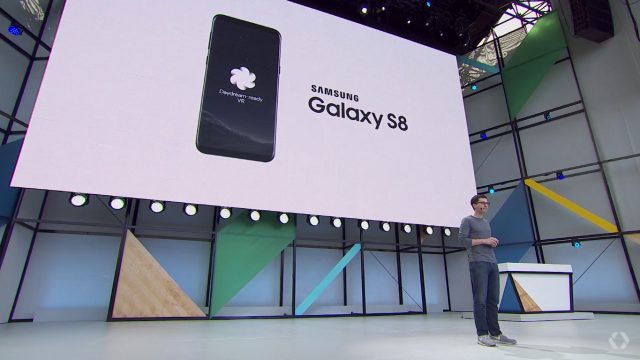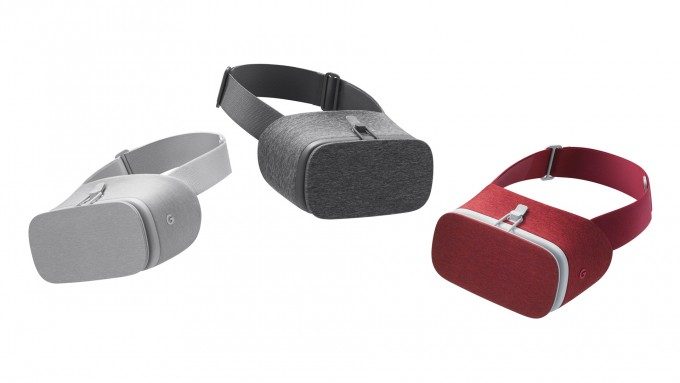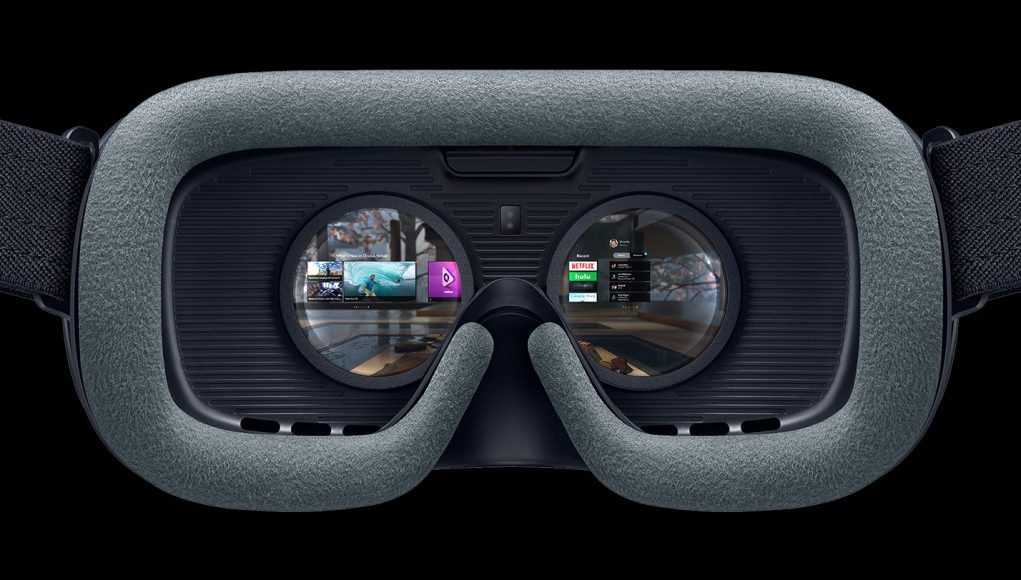Last week at Google’s I/O 2017 developer conference the company made a number of new announcements which are very exciting for VR consumers. Within the industry though, the announcements represent somewhat of a repositioning of industry players, one that puts Oculus’ mobile strategy in a rough spot.
Oculus was first to market in the ‘high-end’ mobile VR space when they launched Gear VR in conjunction with Samsung in 2014. Though the companies worked together across hardware and software, ultimately Oculus would be responsible for the software platform (Oculus Home) and Samsung would be responsible for the hardware (Gear VR).
The collaboration proved fruitful. Back in 2014, and for several years thereafter, Gear VR was far away the class-leading mobile VR experience. And between a combination of sales and pre-order giveaway bundles, the install base for the headset has grown beyond 5 million units and more than 1 million monthly active users.
Impressive numbers—far more than any of the high-end VR headsets—but it wasn’t until the November 2016 launch of Google’s Daydream VR platform, just six months ago, that Gear VR had any serious competition.
This is Awkward

Google’s jump into high-end mobile VR with Daydream has brought an unfortunate wrinkle into the Oculus + Samsung relationship… although the two have been strong partners, as a leading manufacturer of Android devices Samsung is an even bigger and stronger partner with Google, and has been for much longer; when you compare the scale of Samsung’s Android business to their Gear VR business… well, there’s really no comparison.
Last week at Google’s annual I/O developer conference, the company announced that Samsung would be offering an update to its Galaxy S8 and S8+ smartphones that would make them compatible with Daydream. As the S8 and S8+ are also both compatible with Gear VR, they will be the first phones to support Daydream and Gear VR. And our expectation is that future Gear VR phones from Samsung will continue to be Daydream ready. That means Oculus’ formerly exclusive partner for mobile VR is no longer exclusive
For consumers (in the near-term) that’s a good thing. It means that whether a game is on Daydream or on Gear VR, consumers will be able to play it (whereas other phones can only do one or the other).
For Oculus however, this is the beginning of an awkward Google-Samsung-Oculus love triangle and a major new threat for Oculus’ mobile VR platform on Gear VR.
It All Comes Down to the Numbers

The 5 million unit install base for Gear VR is an impressive figure if you’re comparing to other VR headsets out there, but because Google’s Daydream platform is not restricted to specific smartphone vendors (whereas Gear VR is Samsung only), its addressable market and growth potential is vastly larger. In fact, Google said last week that with new Daydream ready phones coming to market (including Samsung’s update to the S8 and S8+) that the company expects “tens of millions” of Daydream ready phones in the wild by the end of 2017. If things go according to Google’s projection, that figure will only continue to grow as (we expect) a larger share of Samsung’s future phones launch with Daydream support. Granted, Google still needs to convince people with Daydream ready phones to actually buy a Daydream headset.
As we know, hardware is worthless without content. Oculus has certainly curated the largest and arguably best high-end mobile content library on Gear VR so far, but they also had the largest install base to entice developers with. But that seems unlikely to be the case for long since any Android phone can potentially be a Daydream phone, whereas Gear VR is fundamentally constrained only to (select) Samsung phones.
New developers interested in building mobile VR experiences need to decide first which platform they’ll target. Now with both platforms having controllers and being capable of running on the same hardware, Daydream and Gear VR are largely identical from a game design standpoint. So any developer thinking about building for mobile VR will likely choose the platform with the largest addressable, if not simply release for both platforms.
Over time that may leave Oculus’ mobile platform with little content differentiation to draw users, and a comparatively much smaller pool of potential users to convert to VR users in the first place.







